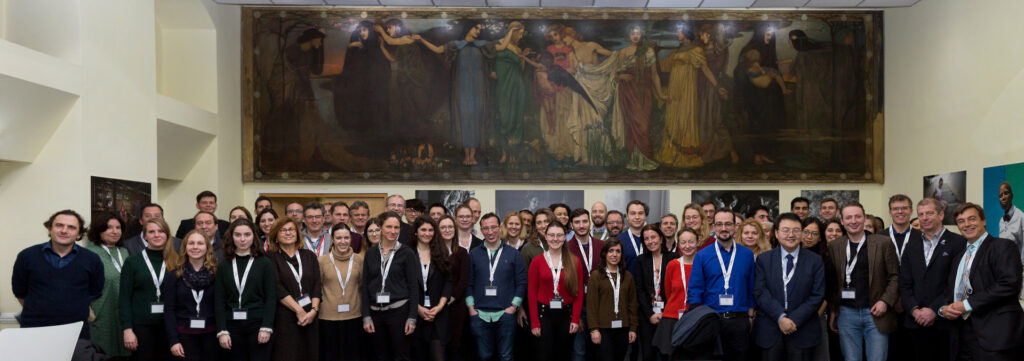As one of the main research areas within the transCampus, researchers in the field of metabolic diseases and diabetes research profit from the complementary expertise and infrastructure established between TUD and King’s. The interdisciplinary research network comprises institutions such as the Center for Regenerative Therapies, the Paul Langerhans Institute and the Max-Planck-Institute of Molecular Cell Biology in Dresden, and the Centre for Transplantation, the Francis Crick Institute and King’s Health Partners in London. By combining the strengths from both universities, the goal to develop potential cures for different types of diabetes is brought closer to a reality with every research project.
Through the joined resources and the resulting research, scientists at King’s and TUD have gained a more in-depth understanding of the pathophysiology of Type 1 and Type 2 diabetes. Based on the research, regenerative and interventional strategies to halt, treat and even cure these diseases have been studied, and in turn, opened doors to new approaches and treatment options. Among the 31 innovative research projects undergoing at the moment (2019), topics addressed range from regeneration and cell replacement in Type 1 diabetes to the immunological antigen-presenting machinery of beta cells, specifically progeniator cells. These approaches include new possibilities of using human pluripotent stem cells for the regeneration and /or cell replacement of pancreatic beta-cells as well as metabolic surgery. One goal is to better understand the inter-organ cross talk, as well as the immunological processes involved in the peripheral insulin resistance and the Type 2 diabetes; aiming to provide a deep-rooted understanding for these metabolic diseases and further the development of treatments.
International Research Training Group
As part the interdisciplinary network, the International Research Training Group 2251 “Immunological and Cellular Strategies in Metabolic Disease” (ICSMD) has been established and it has since gained great importance and achieved important scientific insights.

Researchers in this IRTG find ways to understand and work with Type 1 and Type 2 diabetes. Here, outstanding PhD and MD students have the opportunity to work in an interdisciplinary programme with supervisors from both universities. The students not only gain specialised knowledge and obtain certificates from both institutions, but they also enjoy the wholly collaborative and international nature of this post-graduate programme. The programme enables the students to further their knowledge in cutting-edge technologies in the fields of surgery, transplantation medicine, immunology, the use of different kinds of stem cells, encapsulation strategies and the usage of the involved technical devices.
The international research training group gathers the expertise from world leading research institutions in London and Dresden – the involved institutions are King’s, TUD, Max Planck Institute of Molecular Cell Biology and Genetics (MPI-CBG), Center for Regenerative Therapies Dresden (CRTD), and the Paul Langerhans Institute Dresden (PLID).


